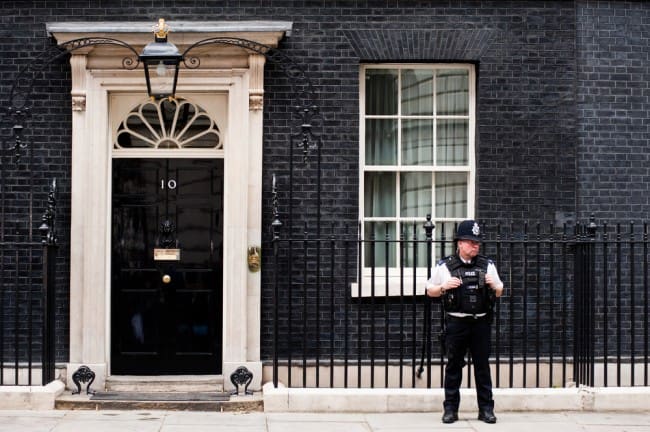This unit, led by HMRC and the National Crime Agency, will investigate serious allegations of tax-evasion and money laundering, which will report on progress to Chancellor George Osborne and Home Secretary Theresa May later this year.
The Prime Minister will also use his time in Parliament today to move forward proposals to create a new criminal offence for companies that fail to stop their staff assisting in tax evasion.
Jonathan Russell, Partner at UK200Group member firm ReesRussell, said: “The lines between tax evasion and tax avoidance have become increasingly blurred and the term now frequently heard is aggressive tax avoidance. Increasingly the political and social view is that avoidance by the use of arrangements whose sole purpose appears to be to reduce tax payable is tantamount to evasion.“
So long as there is tax potentially payable there will be individuals and companies who will wish to minimise that tax payable and professionals who will seek to find ways of accomplishing that tax reduction.
“The problem is the dividing line and certainly if someone is evading tax they should be criminally prosecuted and anyone who assists likewise, but to a large degree that is already in place.
“The underlying problem is the complexity of tax legislation, which enables the people who can afford it to exploit the loopholes that are left.
“If people utilise those loopholes, should they be criminally prosecuted? Should the professionals who advise people of these loopholes be criminally prosecuted? Should the people who draft the legislation and leave the loopholes be criminally prosecuted?
“It is all a fine line and greater clarity would benefit all, but whether or not a task force will help any more than all of the previous initiatives we will have to wait and see.
“As regards the demands for MP’s to reveal their tax affairs this is a question of trust. Yes tax affairs are fundamentally a private matter, and MP’s should already submitting declarations of interest, but politicians through their own actions, with scandal after scandal, have eroded that trust to a point where little remains.
“It now is probably inevitable that if you want to be in public office (and where this ends we wait to see) not only must you say you are good, you must demonstrate it; the same point was made in Caesar’s day.”
Duncan Montgomery, Tax Partner at UK200Group member firm Whittingham Riddell, said: “A move that criminalises UK providers of offshore companies and trusts will only drive them offshore, or force them to refer customers to offshore providers.
“International organisations, as we have seen, will arrange their structures to minimise their tax liability. UK SMEs have little or nothing to fear from new rules that penalise offshore issues, and in fact it may yet help to level the playing field for all.
“The dedicated taskforce to deal with the panama papers leak sounds great, but in reality it may serve to reduce quality of service for the majority of UK taxpayers, who may be seen as less likely to yield a return, however they do need enquiries closing and clearances given, the run of the mill activity that keeps the Revenue’s interaction with the economy flowing.”
Doug Sinclair, Tax Investigation Partner at UK200Group firm BKL commented: “A new unit led by HMRC and the National Crime Agency (NCA) to tackle tax evasion and money laundering is not really a new initiative.
“In fact the predecessor of the NCA, the Serious Organised Crime Agency (SOCA) dealt with these issues from 1 April 2006 to 7 October 2013.”
Doug added that this initiative is to try and deal with the “Mr Bigs” who have escaped justice over a lengthy period of time.
Image: pcruciatti / Shutterstock.com


